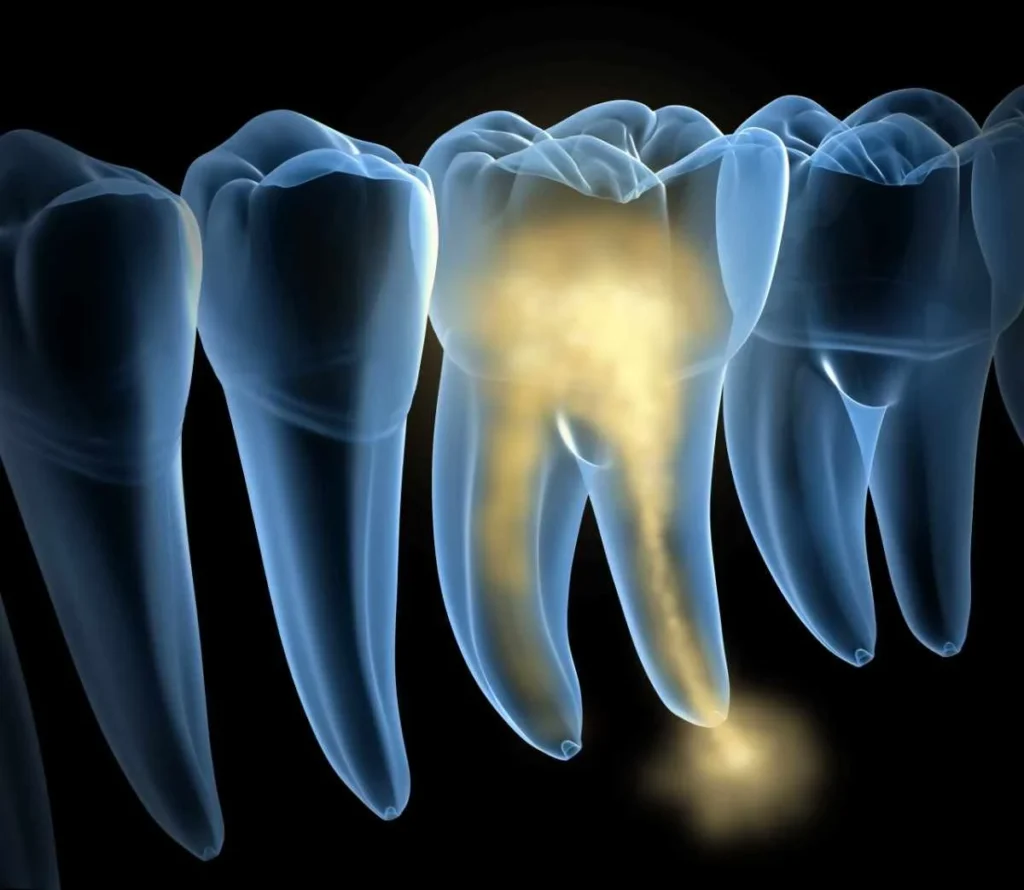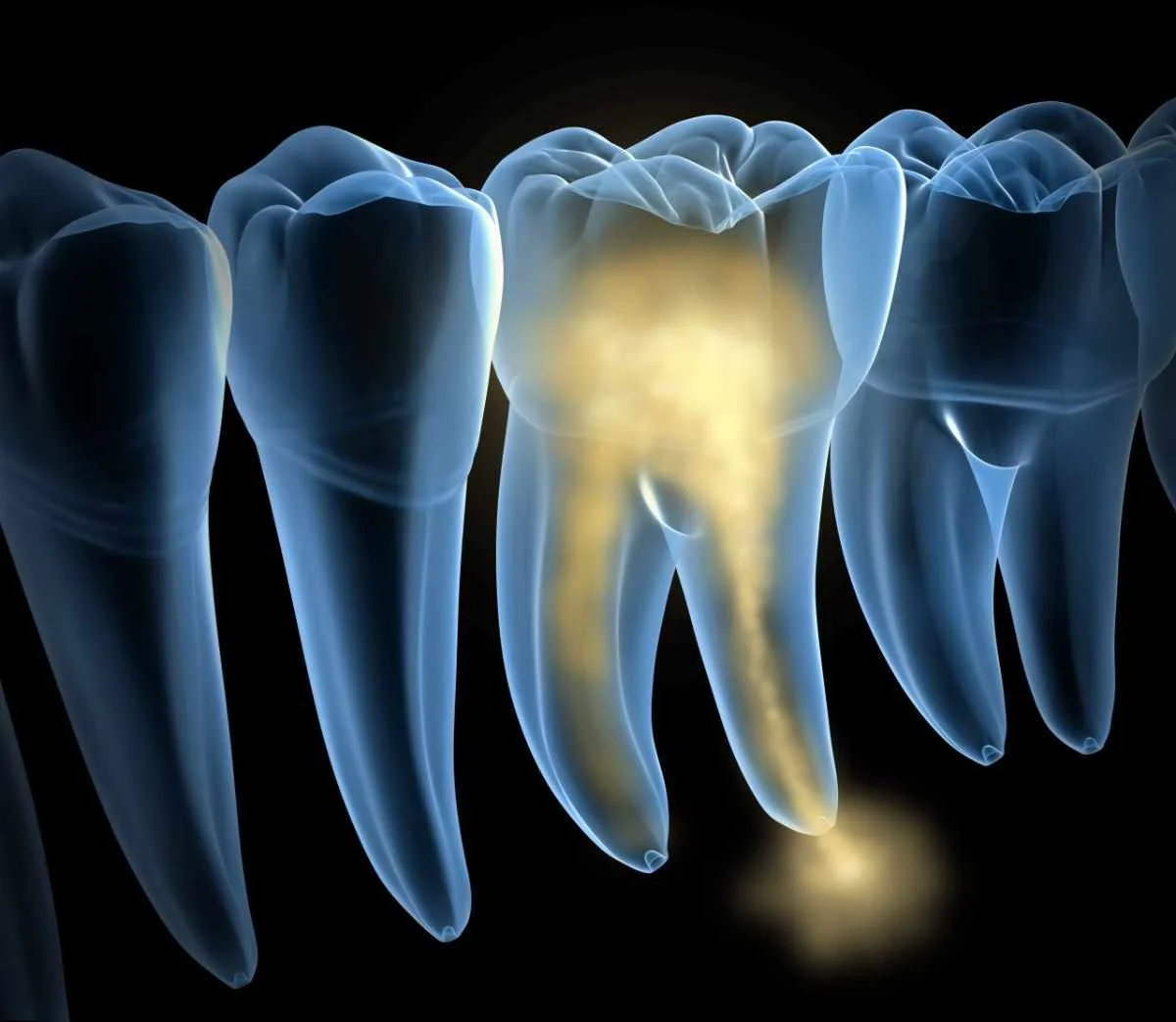
Kill Tooth Pain Nerve in 3 Seconds Permanently
We’ve all seen it — that viral claim floating around the internet in India: “Kill tooth pain nerve in 3 seconds permanently.” It sounds like a dream when your tooth is throbbing and you’re desperate. But what’s real and what’s myth? This blog busts the false promises, reveals the medical truth, and gives you India-specific remedies that work — fast. Whether you’re looking for relief from a nerve that’s firing like an electric shock or trying to avoid an expensive dental bill, here’s the complete truth — and what you can actually do about it.
Table of Contents
- What “Kill Tooth Nerve in 3 Seconds” Actually Means
- Why Tooth Nerve Pain Happens
- When to Visit a Dentist Immediately
- Emergency Quick Fixes (Temporary Relief)
- Indian Home Remedies That Actually Help
- Permanent Ways to Kill the Nerve (Real Truth)
- Prevention and Better Dental Habits
- Frequently Asked Questions
What “Kill Tooth Nerve in 3 Seconds” Actually Means
This phrase has gone viral because of how desperate tooth pain makes people. But medically speaking, you cannot permanently kill a tooth nerve at home in 3 seconds. Only a root canal or a tooth extraction can actually destroy or remove the nerve. Everything else — garlic, clove oil, alcohol swabs — may help dull the sensation but won’t kill the nerve itself.
The nerve sits deep inside the pulp chamber of the tooth, protected by enamel and dentin. For it to be “killed,” a dentist must physically remove or destroy it through a procedure.
Why Tooth Nerve Pain Happens
Tooth pain that feels sharp, electric, or throbbing usually comes from an inflamed or infected pulp (the innermost layer of your tooth that contains nerves and blood vessels).
Top Causes of Nerve-Related Tooth Pain
- Untreated cavities that reach deep into the tooth
- Cracked or fractured teeth exposing the nerve
- Dental abscess or infection
- Severe gum recession exposing the root
- Grinding or clenching (bruxism)
When to Visit a Dentist Immediately
Here are red flags that need urgent dental care:
- Pain that lasts more than 2 days
- Swelling or pus formation
- Difficulty chewing or opening mouth
- Fever along with pain
Don’t delay visiting a dentist if these symptoms show up. Home remedies won’t be enough.
Emergency Quick Fixes (Temporary Relief)
While you’re waiting to visit a dentist, here are some emergency tips that can numb the pain in seconds (not cure it):
- Ice pack (outer cheek): Numbs the area by constricting blood flow.
- Benzocaine gel: Easily available in Indian chemist shops. Apply to gums near the painful tooth.
- Saltwater rinse: Mix 1 tsp salt in warm water. Swish for 30 seconds. Natural and effective for inflammation.
- Clove oil: Apply a few drops on cotton and place over the painful area. Numbs instantly for many people.
- Sugar-free gum: If your tooth has an exposed nerve due to a lost filling or chip, cover it temporarily.
These may help you get through the night, but none of them “kill” the nerve. You’ll still need proper treatment.
Indian Home Remedies for Temporary Tooth Pain Relief
In India, we often look to the kitchen shelf before the dental chair. Some of these remedies are surprisingly effective in reducing pain:
- Garlic paste: Has allicin, a natural antimicrobial. Crush a clove, apply it to the tooth (briefly), then rinse. Kills bacteria and reduces swelling.
- Hing (asafoetida) + lemon juice: Mix a pinch of hing in lemon juice, warm it, and apply with a cotton ball. Old Ayurvedic trick for nerve pain.
- Guava leaves: Chewing washed guava leaves or boiling them into a mouth rinse reduces inflammation.
- Neem twigs or oil: Known in Ayurveda for dental care. Helps in reducing microbial load inside the mouth.
- Turmeric + mustard oil paste: Apply this on the gums to soothe irritation and reduce sensitivity.
These remedies are cheap, accessible, and can support your oral health. But again — they don’t eliminate the nerve.
Permanent Ways to Kill the Nerve (Real Truth)
Let’s clear the air: there are only two scientifically proven ways to permanently stop a tooth nerve from causing pain:
1. Root Canal Treatment (RCT)
This is the most common and safe method. The infected or inflamed pulp is removed, and the space is sealed. No more nerve = no more pain. In India, root canal treatment is widely available and affordable. To understand affordability better, read our breakdown of root canal treatment cost in different cities — RCT costs typically start from ₹5,000–₹8,000 in Tier 1 cities.
2. Tooth Extraction
When the tooth is beyond saving, dentists may recommend removing it. This also removes the nerve permanently. However, it leaves a gap and can affect chewing and alignment unless replaced with an implant or bridge.
We recommend you never attempt DIY methods to destroy the nerve at home. It can cause severe infection, permanent damage, or even abscess formation.
Prevention and Better Dental Habits
Once the pain is gone, the next step is prevention. Follow these India-optimized dental hygiene tips:
- Brush twice daily: With fluoride toothpaste. Don’t skip night brushing.
- Floss once a day: Read our guide on brushing and flossing to do it right.
- Use proper brushing technique: Most people in India brush too hard or miss the gum line. Learn the right way from our brushing techniques guide.
- Avoid tobacco, excess chai/sugar, and acidic foods
- Get regular dental cleanings: At least once a year to remove tartar and catch cavities early
As recommended by the Indian Dental Association (IDA), early diagnosis and clean oral habits are your best tools to prevent dental nerve problems from ever developing.
Frequently Asked Questions
1. Can I really kill tooth pain nerve at home in 3 seconds?
No, that’s a viral myth. Home remedies can numb the pain temporarily but do not destroy the nerve. Only professional dental treatments can do that.
2. How to immediately stop tooth pain?
Apply benzocaine gel or clove oil, rinse with saltwater, and use a cold compress but they won’t solve the root cause. See a dentist for permanent relief.
3. Is clove oil safe to use for tooth pain?
Yes, when used in moderation. Dab a few drops on a cotton ball and place it on the affected area. Do not swallow.
4. Does salt kill tooth nerves?
It may dull the pain for a while, but it won’t permanently stop the tooth nerve from triggering pain — only a dentist can do that.
5. Can you kill a tooth nerve instantly?
No. Instant nerve removal isn’t medically possible. Pain relief can begin quickly, but removing the nerve requires dental treatment like a root canal.
6. How long does it take for a root canal to stop tooth nerve pain?
Most patients feel major relief within 24 hours after the procedure. Full healing takes a few days.
7. Is extraction better than a root canal?
Not usually. Extraction removes the tooth permanently. Root canal preserves your natural tooth and is often a better long-term option.
8. How do I know if the nerve is exposed?
If you feel a sharp, electric-like pain when drinking cold water or breathing through your mouth, it could be exposed.
9. Can antibiotics cure nerve pain?
They may reduce infection and pain but won’t remove the nerve. Antibiotics are often given before or after root canal therapy.
10. How can I prevent future tooth nerve issues?
Brush properly, avoid sugar, and get regular dental check-ups. Fix small cavities before they reach the nerve.

